Book Recommendations

The Tidal Year by Freya Bromley
The Tidal Year is a story about the healing power of wild swimming and the space it creates for reflection, rewilding and hope. An exploration of grief in the modern age, it’s also a tale of female rage, sisterhood and falling in love after loss.
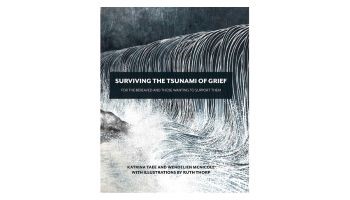
Surviving the Tsunami of Grief by Katrina Taee and Wendelien McNicoll
Are you grieving? Would you like to have a better understanding of grief? Are you wanting to support someone who is grieving but don’t know how? This beautifully illustrated book written by two experienced Bereavement Practitioners is unlike any other book about grief.
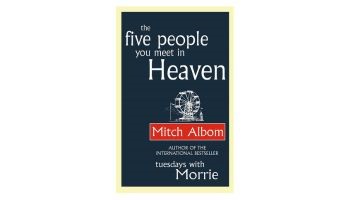
The Five People you Meet in Heaven by Mitch Albom
In The Five People You Meet in Heaven, Mitch Albom gives us an astoundingly original story that will change everything you’ve ever thought about the afterlife. It is a wonderfully moving fable that addresses the meaning of life, and life after death, in the poignant way.

With the End in Mind: How to Live and Die Well by Kathryn Mannix
With the End in Mind brings together Kathryn Mannix ’ s lifetime of medical experience to tell powerful stories of life and death.
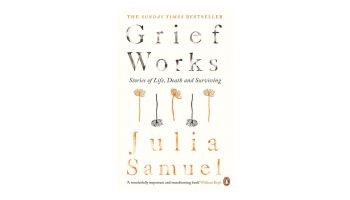
Grief Works: Stories of Life, Death and Surviving by Julia Samuels
Grief Works is a compassionate guide that will inform and engage anyone who is grieving, from the ‘expected’ death of a parent to the sudden unexpected death of a small child, and provide clear advice for those seeking to comfort the bereaved.

A pocketful of happiness by Richard E Grant
Richard has faithfully kept a diary since childhood, and in these entries he shares in raw detail everything he has experienced : both the pain of losing his beloved wife, and the excitement of their life together.
When Joan died in 2021, her final challenge to him was to find ‘a pocketful of happiness in every day’.
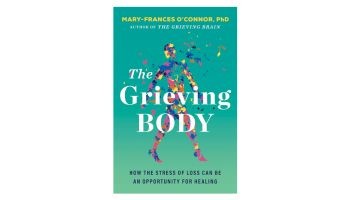
The Grieving Body by Mary Frances O’Connor
Coping with death and grief is one of the most painful human experiences. While we can speak to the psychological and emotional ramifications of loss and sorrow, we often overlook its impact on our physical bodies. Dr. Mary-Frances O’Connor specializes in the study of grief, and in The Grieving Body she shares vital scientific research, revealing imperative new insights on its profound physiological impact.
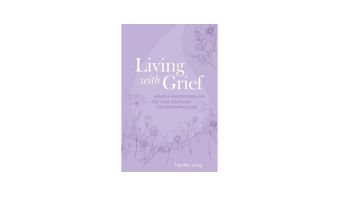
Living with Grief by Heather Stang
Grief is a natural reaction to loss, and the mourning process can be a difficult and stressful experience. It can leave you feeling emotionally, mentally, and physically exhausted. The ancient Buddhist practice of mindfulness can help you to navigate the path of grief and cope with loss.
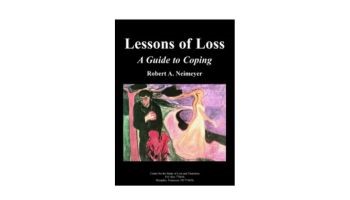
Lessons of Loss: A guide to Coping by Robert Neimeyer
Lessons of Loss explores how we react to loss, both physical and social, and adapt to it. Within the diversity of types of loss, Neimeyer recognizes and explores common themes and challenges that characterize the loss experience. The book is organized into three parts: those who grieve, those who help, and personal applications.
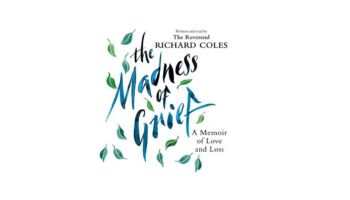
The Madness of Grief by Rev Richard Coles
The memoir by Rev Richard Coles is a moving and beautifully written account of losing his partner of 12 years and coping with ‘the madness of grief’ after his death.
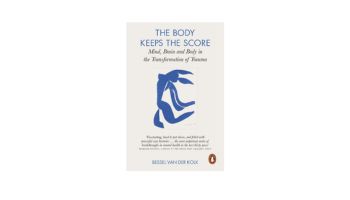
The Body Keeps the Score by Bessel Van Der Kolk
The effects of trauma can be devastating for sufferers, their families and future generations. Here one of the world’s experts on traumatic stress offers a bold new paradigm for treatment, moving away from standard talking and drug therapies and towards an alternative approach that heals mind, brain and body.

A Grief Observed by CS Lewis
A Grief Observed explores the processes undergone by the human brain and mind over the course of grieving. The book questions the nature of grief and whether or not returning to normality afterward is even possible within the realm of human existence on earth.

Tear Soup by Pat Schwiebert & Chuck Deklyen
Tear Soup, a recipe for healing after loss is a family story book that centres around an old and somewhat wise woman, Grandy. Grandy has just suffered a big loss in her life and so she is headed to the kitchen to make a special batch of Tear Soup. To season her soup Grandy adds memories like the good times and the bad times, the silly and the sad times. She does not want to forget even one precious memory of her loss.
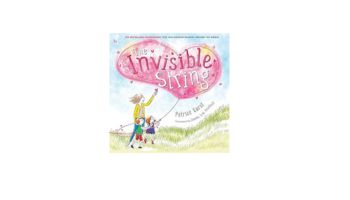
The Invisible String by Patrice Karst
The Invisible String is a comforting story about two siblings who learn that everyone has an invisible string that connects them to everyone they love, anywhere, anytime. You are never alone. The people who love you here and those who have passed away are never far because if you tug on this invisible string they can feel it in their hearts. This is a remarkable message for children who feel lonely, scared, anxious, worried, etc.

We’re Going On A Bear Hunt by Michael Rosen
‘We’re Going on a Bear Hunt,’ by Michael Rosen, offers a good metaphor for the journey we take towards healing.
In the story, the children go on a bear hunt. ‘What a beautiful day!’ they declare. ‘We’re not scared.’ On their journey to find the bear, they are faced with a number of dilemmas. Each time they encounter a problem, they realise there is no way around it. The only way to go forward is to go through.
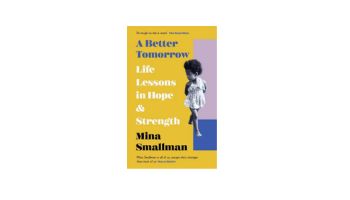
A Better Tomorrow by Mina Smallman
Smallman’s memoir A Better Tomorrow uses the world-ending moment of the deaths of her daughters as an anchor to explore how her own experiences have helped her make sense of the senseless. Through a series of highly personal stories, it follows her contribution to the campaign to tackle violence against women and girls, and her reasons for finding hope in the darkest of times.

Ask Me His Name by Elle Wright
Ask Me His Name is a moving account of Elle‘s pregnancy, Teddy’s life, and what happens when a mother leaves hospital with empty arms. In this honest and hopeful exploration of mothering, Elle shows us how she navigated a parenthood no one had prepared her for.

Beyond Tears by Ellen Mitchell
The death of a child is that unimaginable loss no parent ever expects to face. Only those who have lived through it themselves can fully comprehend it. In Beyond Tears, nine mothers whose children died as young adults lend comfort and direction to other bereaved parents in a chorus of supportive voices. They candidly share what to expect in the first year and long beyond.
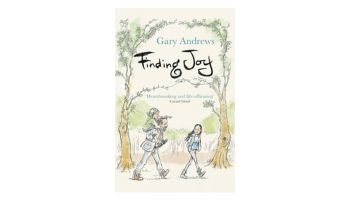
Finding Joy by Gary Andrews
Finding Joy is the story of how one family learned to live again after tragedy.
When his wife, Joy, died very suddenly, a daily drawing became the way Gary Andrews dealt with his grief.

The Elements: A Widowhood by Kat Lister
Kat Lister lost her husband to brain cancer. In the year following his death Kat seeks refuge in stories of grief and widowhood, but struggles to find a language that can make sense of her experience and the physicality of bereavement.
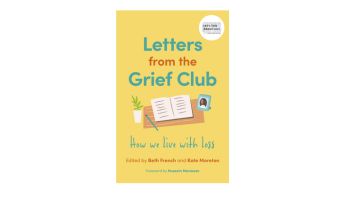
Letters from the Grief Club by Beth French & Kate Moreton
When someone you love dies, it may seem impossible to know what will happen next and how you will cope. Losing someone in early adulthood, you may feel even more alone, when no-one around you seems to have had the same experience. Encompassing all types of loss, these stories show that there is no one way to grieve.
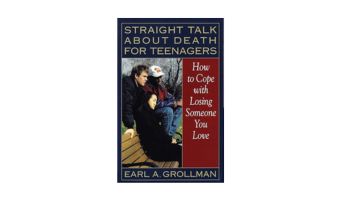
Straight Talk about Death for Teenagers by Earl A Grollman
If you are a teenager whose friend or relative has died, this book was written for you. Earl A. Grollman, the award-winning author of Living When a Loved One Has Died, explains what to expect when you lose someone you love.

The Long Goodbye by Meghan O’Rourke
The Long Goodbye interleaves personal recollections of her much-loved mother with an examination of what it means to grieve in a society which no longer has the rituals - or even, most of the time, the desire - to engage with grief, to understand it, and to let it do both its worst - and its best.


